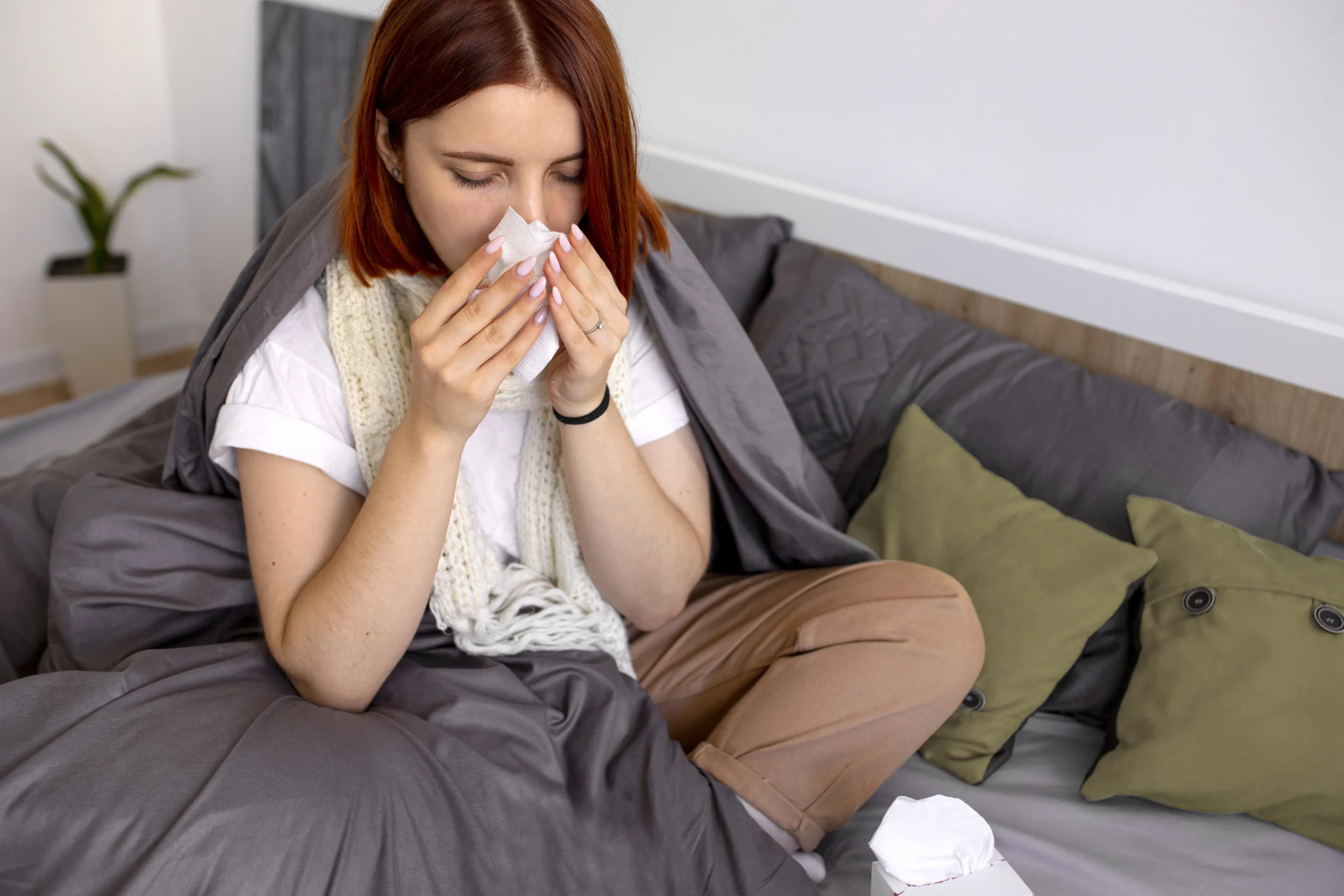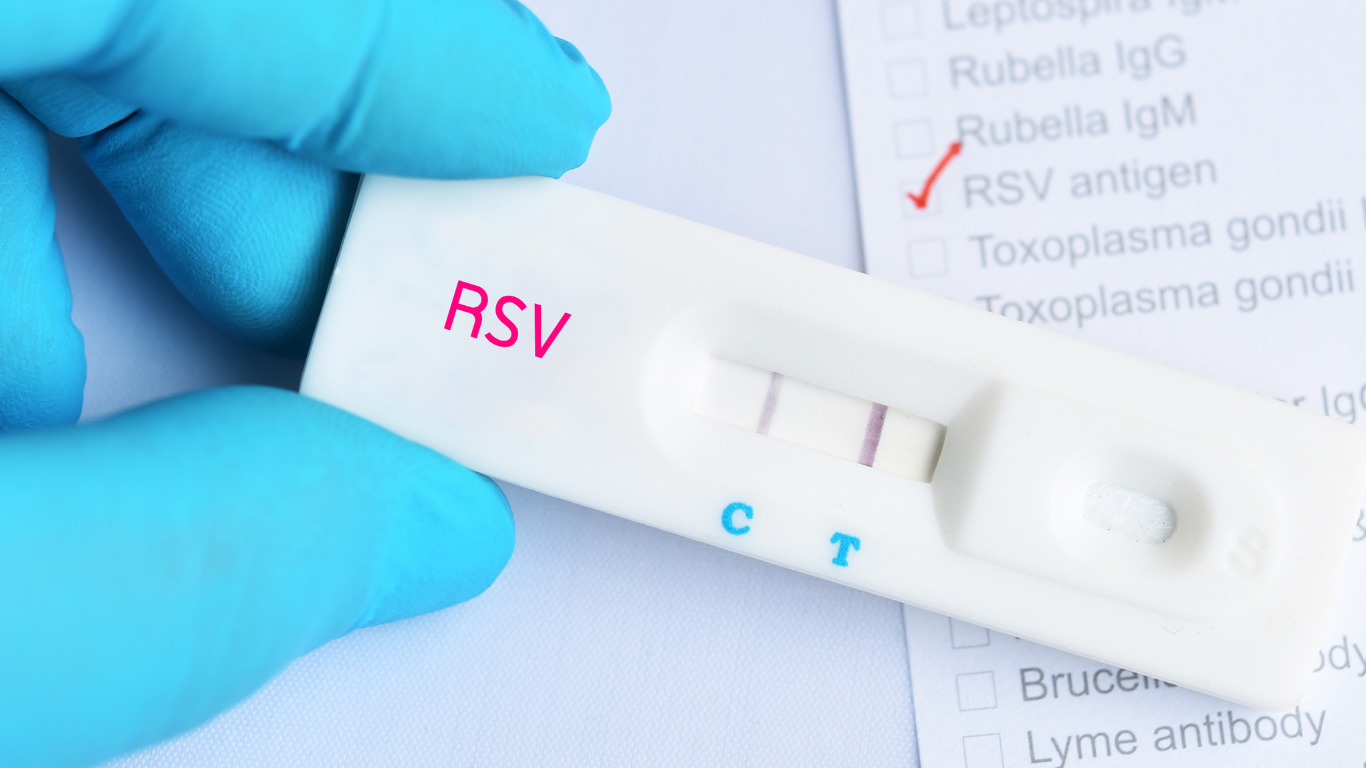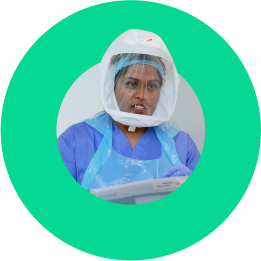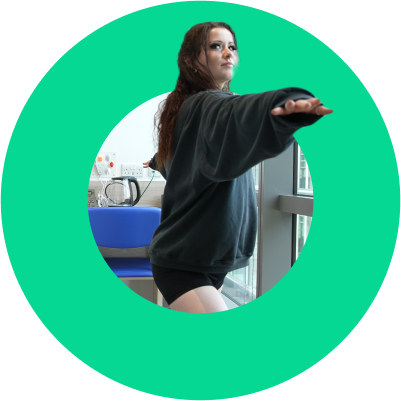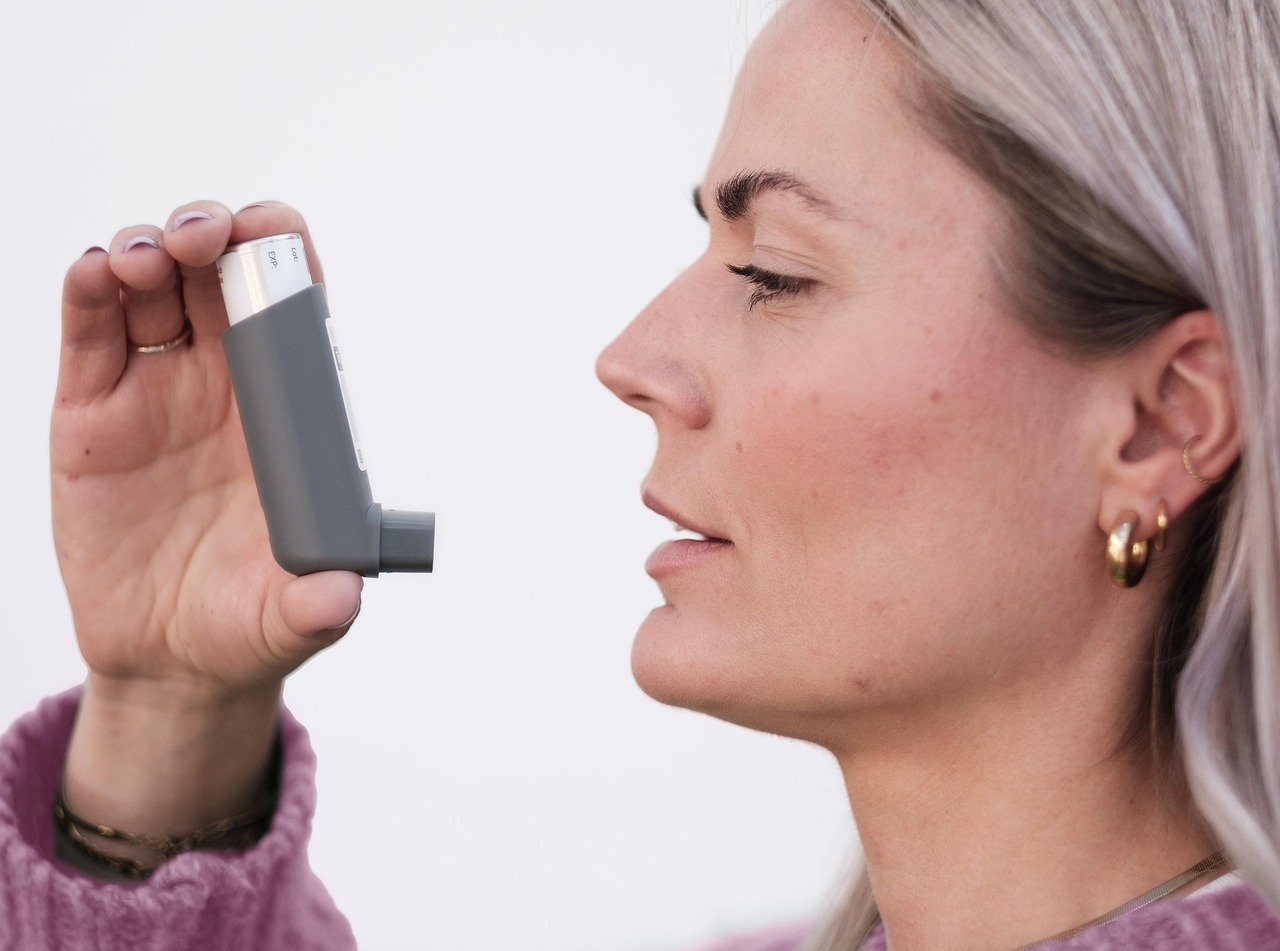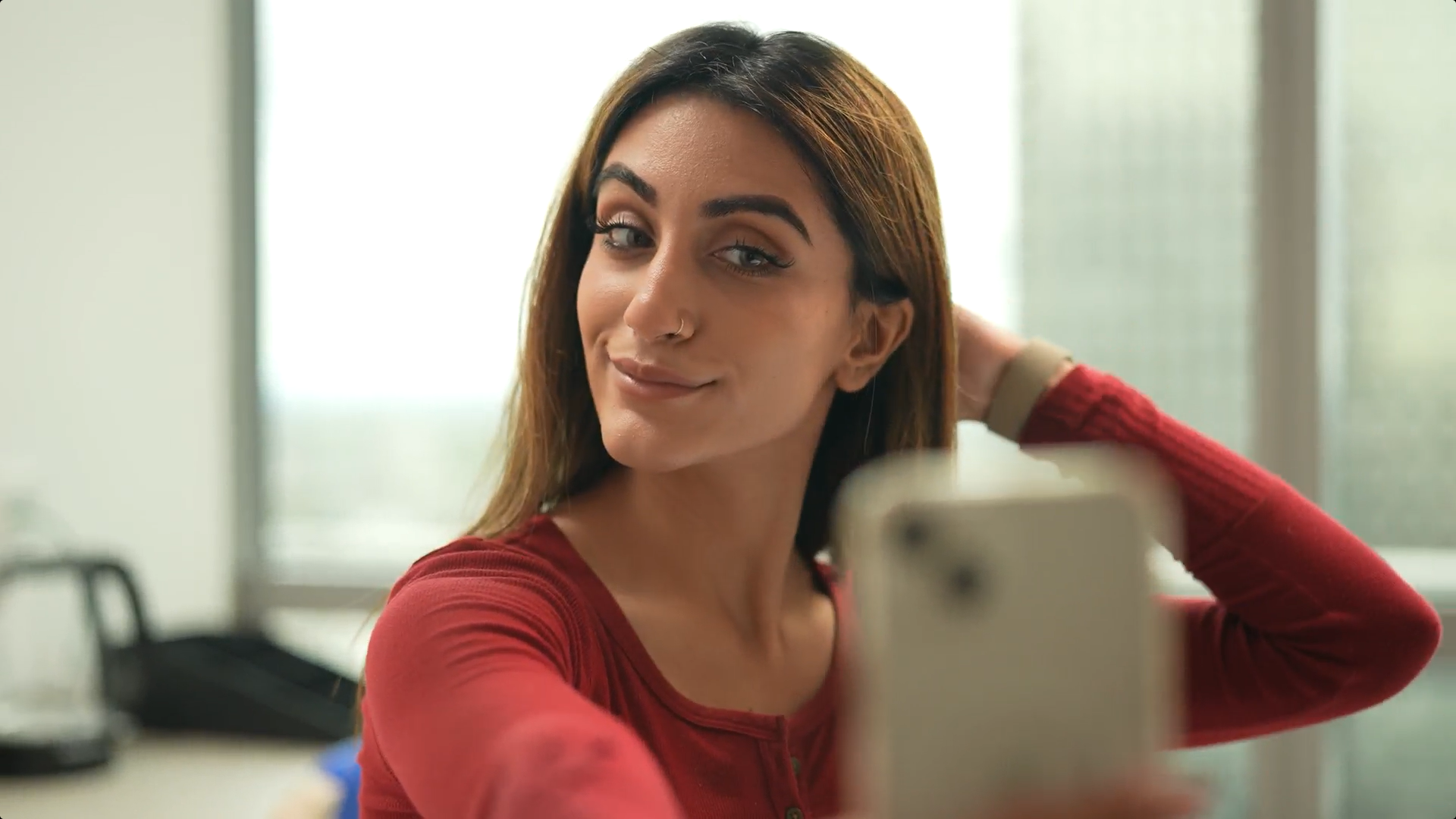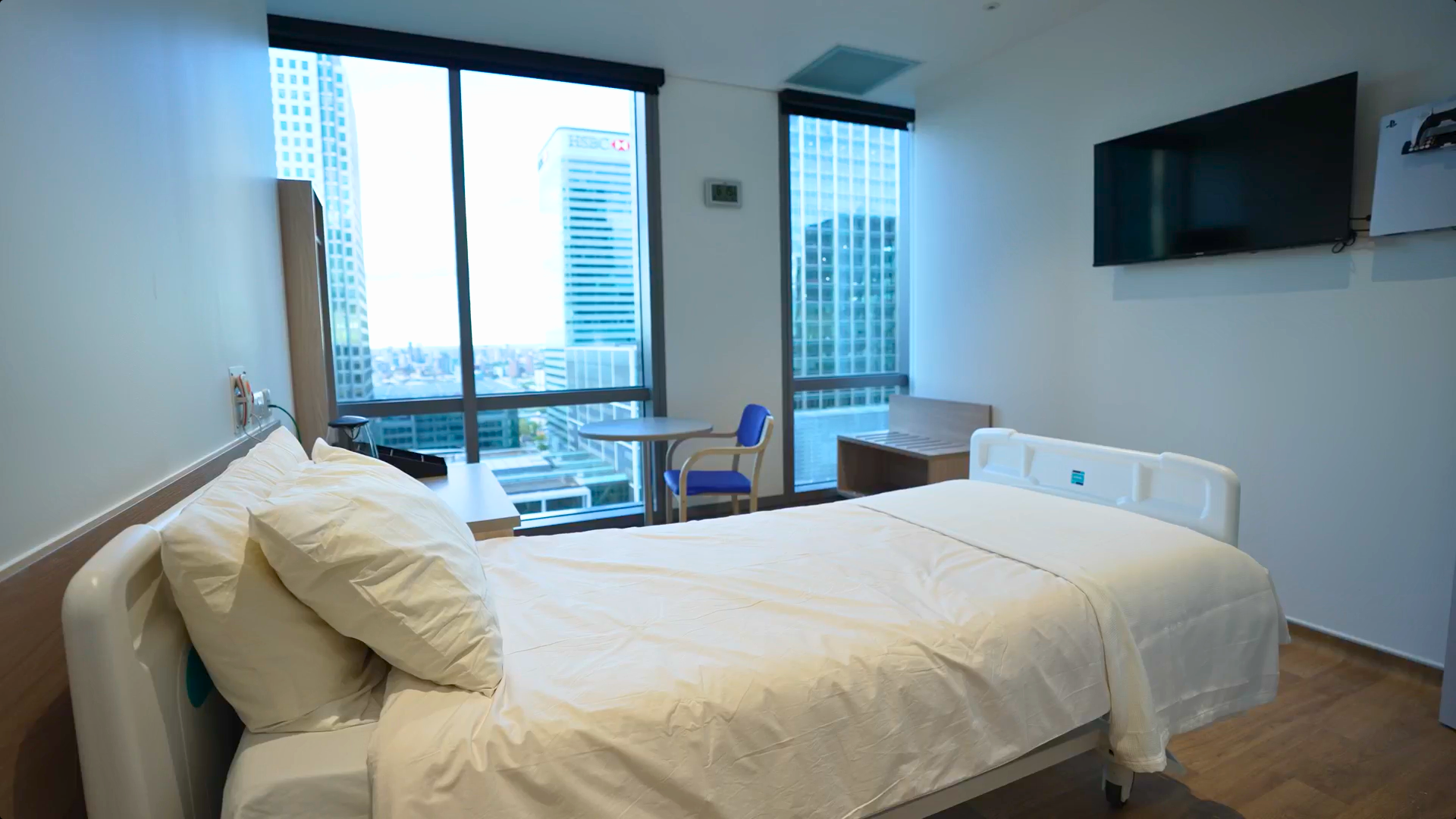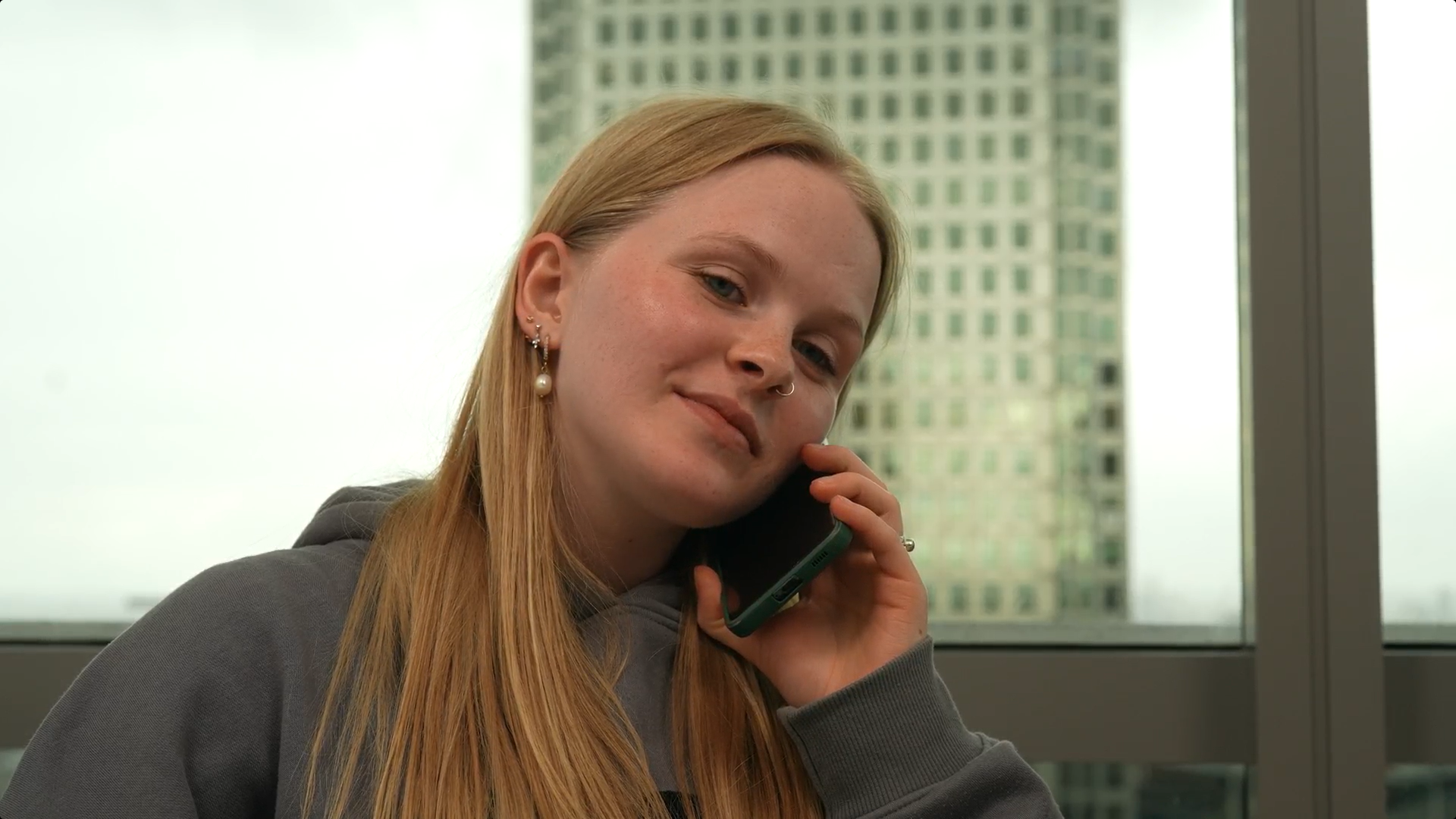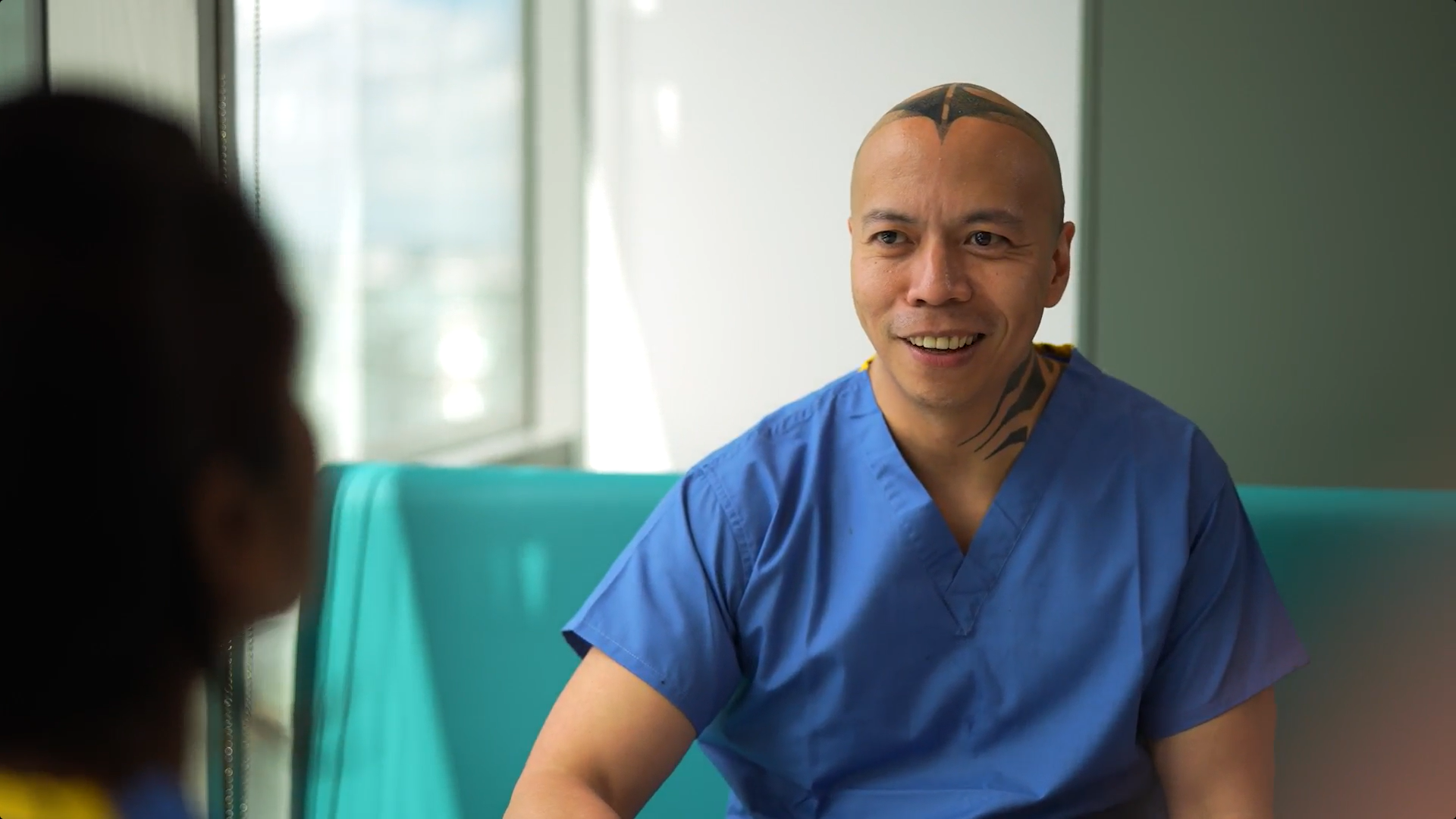Everybody knows what the common cold and influenza are, but we’d guess not many have heard of RSV (Respiratory Syncytial Virus). So, what it is? Well, it is a very common virus that leads to mild, cold like symptoms in adults and older healthy children, but for babies and those in high-risk groups RSV symptoms can be more serious and fatal.
RSV can cause severe infection in some people, including babies 12 months and younger (infants), especially premature infants, older adults, people with heart and lung disease, or anyone with a weak immune system (immunocompromised).
Causes of RSV
You can get respiratory syncytial virus through your eyes, nose, or mouth. It is easy to spread because infected respiratory droplets carry it through the air. If someone with RSV coughs or sneezes near you or your child, you or your child could get sick. The virus can also spread when people touch each other directly, like when they shake hands.
The virus can live on hard surfaces like countertops, cot rails, and toys for hours. If you touch your mouth, nose, or eyes after touching something with a virus on it, you are likely to get sick.
A person with an infection is most likely to spread it in the first week or so after getting it. But the virus can still spread for up to four weeks after the symptoms go away in babies and people with weak immune systems.
RSV Symptoms
Signs and symptoms of respiratory syncytial virus infection normally appear about four to six days after being exposed to the virus.
In adults and older children, RSV usually causes mild cold-like signs and symptoms. These may include:
- Congested or runny nose
- Dry cough
- Low-grade fever
- Sore throat
- Sneezing
- Headache
Adults over the age of 65 or those with health complications are at higher risk for developing more severe RSV. Serious cases can cause trouble breathing or dehydration and may lead to a hospital stay. RSV usually goes away on its own in a week or two, but if you’re sick longer, or your symptoms are getting worse instead of better, call your primary care doctor right away.
RSV Symptoms in severe cases
RSV infection can spread to the lower respiratory tract, causing pneumonia or bronchiolitis — inflammation of the small airway passages entering the lungs. Signs and symptoms may include:
- Fever
- Severe cough
- Runny nose
- Wheezing when breathing out (exhaling)
- Rapid breathing or difficulty to breath — the person may prefer to sit up rather than lie down
- Bluish colour of the skin caused by to lack of oxygen (cyanosis) around lips and fingertips
- Short periods without breathing (apnea)
- Trouble eating, drinking, or swallowing
RSV in Babies
RSV can be dangerous for some infants and young children. Each year in the United States, an estimated 58,000 children younger than 5 years old are hospitalized due to RSV infection.
To learn more about RSV in babies or young children you can visit our blog: https://flucamp.com/blog/frequently-asked-questions-rsv-in-babies/.
RSV Symptoms in Babies and Children
Respiratory Syncytial Virus is the most common germ that causes lung and airways infections in infants and young children. Most infants have had this infection by two years old. It is the most common cause of bronchiolitis and pneumonia in children under one year of age.
The early phase of RSV in babies and young children is often mild, like a cold. In children younger than age 3, the illness may move into the lungs and cause coughing and wheezing. In some children, the infection turns to a severe respiratory disease. Your child may need to be treated in the hospital to help with breathing.
The most common symptoms of RSV in babies include:
- Irritability
- Decreased activity or energy (lethargy)
- Decrease in appetite (refusing bottle or breast)
- Dehydration – Lack of tears when crying or lack of urine
Signs and symptoms of severe RSV infection in children might include common symptoms and:
- Short, shallow and rapid breathing
- Fever (37.8°C or above)
- Breathing pauses and struggle to breath
Is RSV Contagious?
Yes, it is highly contagious and can quickly spread through schools and childcare centres. Babies often get it when older children carry the virus home from school and pass it to them. Most children and adults recover in 1-2 weeks, although some might have repeated.
What are the high-risk groups for RSV
Most people who get an RSV infection will have mild illness and will recover in a week or two. Some people, however, are more likely to develop severe RSV infection and may need to be hospitalized. Examples of severe infections include bronchiolitis (an inflammation of the small airways in the lung) and pneumonia. RSV can also make chronic health problems worse. For example, people with asthma may experience asthma attacks as a result of RSV infection, and people with congestive heart failure may experience more severe symptoms triggered by RSV.
How to prevent RSV
For respiratory syncytial virus, there is no vaccine. But these ways of living can help stop the spread of the disease:
- You should wash your hands often.
- Avoid exposure – When you cough or sneeze, cover your mouth and nose. Keep babies away from people who are sick with fevers or colds.
- Keep everything tidy and clean – Make sure the counters, door knobs, and handles in the kitchen and bathroom are clean. Don’t wait to throw away used tissues.
- Don’t let other people use your drinking glasses – If you or someone else is sick, use your own glass or paper cups. Label the cup for each person.
- Avoid smoke in general but specially at home and in the car – Babies who are exposed to tobacco smoke are more likely to get RSV, and if they do, their symptoms could be worse.
- Clean toys often – Especially when your child or his friends are sick.
Protective medication
Discuss with your GP what would be the most appropriate medication to your baby and if it is needed.
Palivizumab (Synagis), which is given as an injection, can help protect babies and children younger than 2 years old who are at high risk of serious problems from RSV. Children in this age group are at risk if they:
- Were born prematurely.
- Have a long-term lung diseases.
- Have some heart problems.
- Your immune system is weak.
The first shot is given at the start of the RSV season, and then shots are given once a month for the rest of the season. This medicine only helps keep you from getting RSV. It doesn’t help treat it once there are signs of it.
RSV Vaccine Trials & Studies
Unfortunately, around 30 babies die each year in the UK from RSV, and there is currently no specific treatment for RSV infection. This is why we are conducting a lot of studies on the virus this year to find out more about it. Explore more about our RSV vaccine trial or apply now to participate in a study. Alternatively, find out more about all of our clinical trials.
References
- https://www.cdc.gov/rsv/index.html (Accessed March 2023)
- https://www.mayoclinic.org/diseases-conditions/respiratory-syncytial-virus/symptoms-causes/syc-20353098 (Accessed March 2023)
- https://kidshealth.org/en/parents/rsv.html (Accessed March 2023)
- https://www.cedars-sinai.org/health-library/diseases-and-conditions—pediatrics/r/respiratory-syncytial-virus-rsv-in-children.html (Accessed March 2023)
